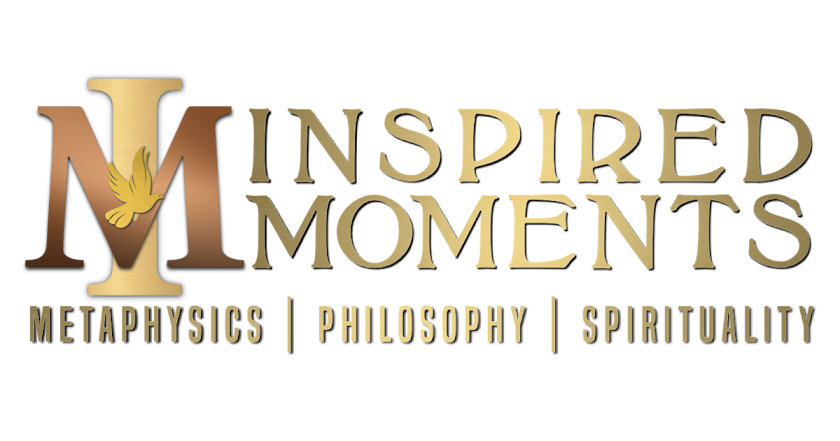What Is Anxiety And What Does It Do To People?
You know when you feel nervous, scared or worried right before an exam, interview, recital or something really challenging? Well that’s normal, pretty much everyone feels nervous when they are faced with something challenging or something that is new and unknown.
Anxiety is not quite the same, the feelings are more intense, they can last for weeks or even months, the anxiety can interfere with your thinking and behaviour and anxiety can leave you feeling really distressed and unhappy with life.
Some of the signs and symptoms of anxiety include:
Physical symptoms
•Trembling
•Heart racing
•Nausea
•Sweating
•Dizziness
•Shortness of breath
•Unable to sleep
Behavioural symptoms
•Using drugs and alcohol to ease the anxiety
•Avoiding socializing with friends and family
•Avoiding making eye contact with others
Emotional symptoms
•Confused
•Tense all the time
•On edge
•Panicky
•Fearful
Anxiety can be overwhelming and can impact other areas in your life such as school, work or relationships with family and friends. When anxiety is left untreated it can lead to depression.
The good news is that that anxiety is treatable. Anxiety can be managed and overcome with some time and the right support. It’s good to catch it early so it doesn’t lead to depression. A doctor or counsellor can help. Even a spiritual advisor or Metaphysician.
A medical doctor can help by eliminating anything physical that could be causing the anxiety such as thyroid problems, hypoglycaemia, withdrawals or side effects from drugs.
A counselor can try and help you understand the root cause of where the anxiety may be coming from and can support you with finding coping strategies to manage the anxiety.
There are varying types of anxiety disorders such as Generalised Anxiety Disorder, Panic Disorder, Social Anxiety Disorder, Post Traumatic Stress Disorder and Phobias.
Generalised Anxiety Disorder (GAD) is characterised by excessive and long lasting anxiety and concern over nonspecific objects, life events and situations. GAD sufferers tend to feel afraid or worried about money, family, health, work or school but have difficulty identifying the fear or controlling their worries. Their fear is usually out of proportion with reality. Sufferers expect disaster or failure to the point where it interferes with their daily life.
Panic Disorder is characterized by sudden attacks of intense terror and apprehension which leads to confusion, shaking, dizziness, nausea, and difficulty breathing. Panic attacks happen abruptly and peak after 10 minutes, but they can last for several hours. Panic disorders can develop after prolonged stress or a frightening experience.
Social Anxiety Disorder is characterised by a fear of being negatively judged by others or a fear of public embarrassment. This can include feelings of stage fright, fear of humiliation, fear of intimacy. It can cause sufferers to avoid public situations and human contact to the point where they cannot lead a normal life.
Post Traumatic Stress Disorder (PTSD) is anxiety which results from a previous trauma such as rape, serious accident, environmental disasters, military combat. PTSD can lead to behavioural changes, flashbacks of the trauma, nightmares, feeling hypervigilant or on edge and sufferers may avoid certain situations or objects that remind them of the trauma.
Phobias (Greek word meaning fear) is an irrational fear and avoidance of a situation or object. Phobias are different from generalised anxiety disorders because a phobia has a fear response which is identified with a specific cause. The sufferer may be aware their fear is irrational but they may still struggle to control the anxiety that results. People might have phobias about people, objects, animals or particular situations.
In any event, there is help to get you through it ... though I have to warn you, I know through personal experience it can be a very bumpy road and quite challenging. Don't try and tackle it alone. You'll definitely need help.
Just a thought ...
~Justin Taylor, ORDM., OCP., DM.

